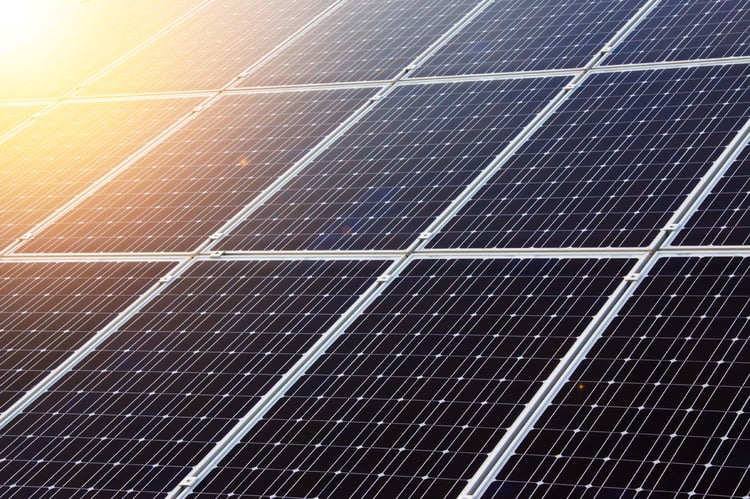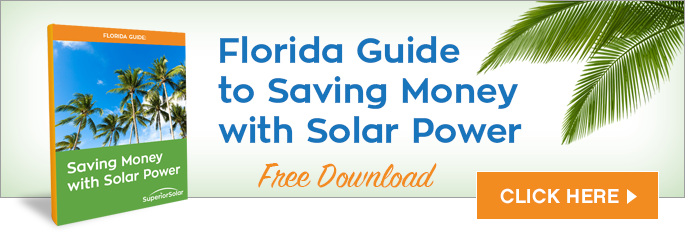Any solar supplier will tell you that properly matching PV and inverter capacities isn’t a clear cut process. You don’t want to spend extra on an inverter that will never reach its full potential, but you also want to be able to convert as much solar energy to usable power as possible. Any of our Energy Specialists will be able to help you through this process, but it’s also good to understand a little bit about this process, yourself. Here’s a guide to help you figure out what size inverter you should get.
First Thing’s First
Remember that solar power systems have two primary electrical parts: the array of solar modules (what we call “solar panels”) and the inverter (which converts solar power to usable electric power). Solar panels and inverters both have factors that affect their energy output and consequently, different ratings. A customer will be able to review these different power ratings on their solar installation proposal.
When put together, the rating and system designs for solar panels and their inverters are largely varied to take into account location, aesthetics, shading, and customer inclination. The interesting part, however, is when you take a look at their energy outputs: you’ll find that it’s better to size your inverter at a lower power rating than what your PV panel is rated to produce.
Huh?
It works like this: An array will almost never produce the maximum amount of energy that it’s rated at. This is because that number can only be achieved in ideal conditions. Bright sun, cool temperatures, little to no dust in the air, etc. Ideal conditions don’t happen easily, but that’s not to say solar power isn’t useful.
Imagine that your solar panel is a car engine. We think of engines in terms of its power rating--its production capability under ideal conditions--even though we rarely see that number in practice. It’s good to know you have 200 horsepower under the hood, but how often do people use all 200 horsepower ? It’s the same with solar. If someone is offered a 6kW system, the array will probably produce around 5kW. If you have a car that could reach up to 200 mph, you’re probably not driving that speed every time you get into your car. However, that doesn’t mean you’re not going places. You’re still getting to everywhere you need to go, just like you are with solar.

So if you decide to get that 6kW PV system, why would you get a more expensive inverter that would almost never reach it’s full potential? Depending on your location, the amount of shade over your home, and a few other factors, you’d want to consider getting a 5kW inverter.
Of course, there will be times when the array is producing more power than the inverter can convert. However, this totals to about $5 of energy lost per year... is it worth it? At a cost of $250-$500 for the inverter upgrade, the payback is between 50 to 100 years (1%-2% ROI).
Here at Superior Solar, we understand that solar power systems are tremendous investments when properly designed, and there’s no need to force expensive upgrades that have poor payback. We want our customers’ money to be spent wisely, on quality installations, with accurately sized components.
Interested in making the switch to Solar? Our knowledgeable Energy Specialists can help you. Call or contact us here.
